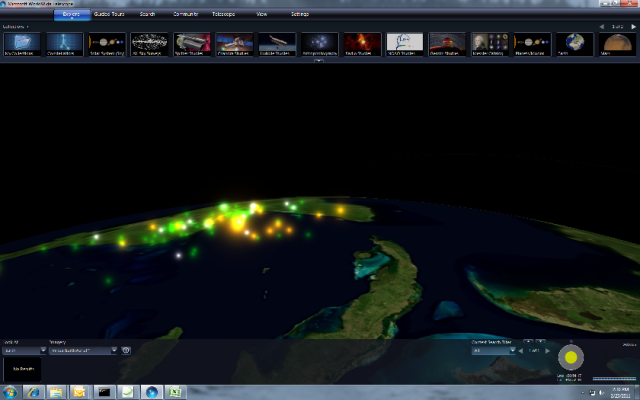Premature Obituaries and the Mandela Effect:
 Premature obituaries
Premature obituaries are not — so far — a significant factor in “Mandela Effect” reports.
Among all the stories I hear in real life, via email, and in comments at this website, few (if any) represent
documented premature obituaries. Even the prepared obituary for Nelson Mandela was leaked
long after the era when people
clearly remember his funeral.
You can see a list of the major false reports at
Wikipedia’s list of premature obituaries.
It’s routine for news reporters to prepare obituaries for important public figures. Then, when the person is gone, the tribute to that person
is ready to rush to press (in the case of newspapers and magazines) and to broadcasts. Reporters have the highlights of the person’s life already written. Only the death information is necessary for the new report.
In at least one case, some of those prepared obituaries were leaked… but not as
actual obituaries. The event was known as the “CNN incident.” Here’s how Wikipedia describes the hack:
Multiple premature obituaries came to light on 16 April 2003, when it was discovered that pre-written draft memorials to several world figures were available on the development area of the CNN website without requiring a password (and may have been accessible for some time before). The pages included tributes to Fidel Castro, Dick Cheney, Nelson Mandela, Bob Hope, Gerald Ford, Pope John Paul II, and Ronald Reagan.
When considering the Nelson Mandela reports, it’s important to put them into context:
- This CNN website issue wasn’t reported as actual obituaries. Mostly, when the story went public, it focused on ridiculous things like Dick Cheney being described as the “Queen Consort,” and Fidel Castrol being a “movie star.”
- The CNN website leak was reported in 2003. Most people who remember Nelson Mandela’s death, remember details from the 1980s. They’re not confusing that era with 2003.
So far, I don’t have any
good explanations for the detailed, rich, credible memories people report in connection with the death of Nelson Mandela, Billy Graham, and others. Nevertheless, when your memory of a celebrity’s death doesn’t match the timeline you’re in, it’s important to double-check the premature obituaries list,
just in case.
Wikipedia lists the following explanations for premature obits:
- Accidental publication: accidental release of a pre-written obituary, usually on a news web site, as a result of technical or human error. The most egregious example was when, in 2003, CNN accidentally released draft obituaries for seven major world figures.
- Brush with death: when the subject unexpectedly survives a serious illness or accident which made them appear to be dead or certain to die.
- Fraud victim: many people from Uttar Pradesh, India have been registered dead by officials who are bribed by relatives who want to steal the victim’s land. The ensuing legal disputes often continue for many years, with victims growing elderly and sometimes dying in reality before they are resolved.
- Hoax: when a death is falsely reported, as a prank.
- Impostor: when an ordinary person who for years has passed himself off to family and friends as a retired minor celebrity dies, it can prompt an erroneous obituary for the real (but still-living) celebrity.
- Misidentified body: when a corpse is misidentified as someone else, often someone who was involved in the same incident or who happened to go missing at the same time.
- Missing in action: soldiers who go missing in war are sometimes incorrectly declared dead if no body is found. In particular, a number of Japanese soldiers thought to have died in World War II in fact survived – typically hiding in remote jungle for years or even decades, believing that the war had not ended.
- Misunderstandings: such as when a Sky News employee thought that an internal rehearsal for the future death of the Queen Mother was real.
- Name confusion: where someone with an identical or similar name has died. Usually the subject of the obituary is famous; the deceased person is not.
- Pseudocide: when the subject fakes his own death in order to evade legal, financial, or marital difficulties and start a new life.
Premature obituaries and other news reporting errors
can lead to misunderstandings. However, most of the reports I receive can’t be explained by a news error or simple misunderstanding. The Mandela Effect goes
far beyond that.

 Premature obituaries are not — so far — a significant factor in “Mandela Effect” reports.
Premature obituaries are not — so far — a significant factor in “Mandela Effect” reports.